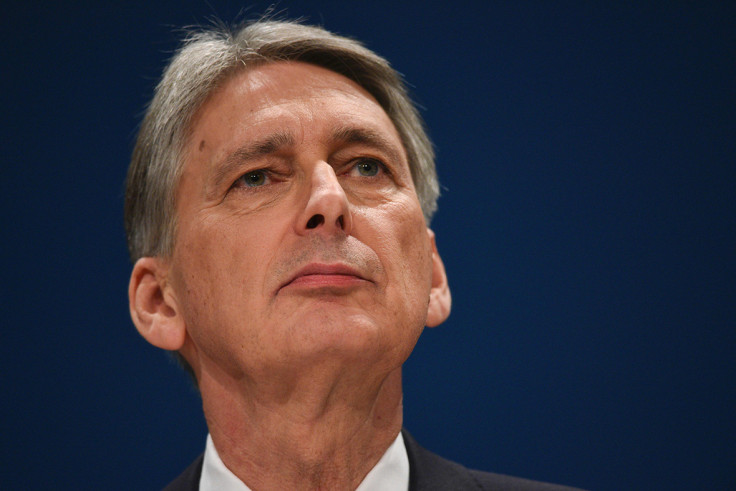Property industry is asking Philip Hammond to reverse Osborne's tax hikes — is he listening?
George Osborne overhauled property taxation but the sector hopes his successor Hammond will be different.
There has been a big push ahead of Chancellor Philip Hammond's Autumn Statement, his first in the job, to reverse his predecessor George Osborne's stamp-duty hikes for expensive and additional properties, and the scrapping of important tax reliefs for landlords.
Landlord groups, estate agents, and a big campaign by The Telegraph are all calling on Hammond to drop the changes because they claim the property industry is being slowed unnecessarily by them, counter-productively reducing tax revenues for the Treasury. Some think tanks are even calling for stamp duty to be abolished altogether.
At the end of 2014, Osborne reformed stamp duty, scrapping the slab-style system and making it work like income-tax thresholds. At the same time, he cut stamp duty at the middle and bottom of the market, while jacking rates up at the top.
Then as of April 2016, Osborne put a 3% surcharge on purchases of additional property – those not intended to be the buyer's main residence – in a move targeting the buy-to-let sector. The government wanted to cool investor demand in the market, reducing competition for struggling first-time buyers.
On top of this, Osborne will also cut back tax reliefs for landlords to offset their mortgage interest costs from April 2017, which some landlords say will make their businesses unavailable.
"Targeting top-end buyers of properties valued at over £1m might have been good politics at the time, but the policy is crippling prime Central London, with potentially damaging consequences for the capital's property market down the road," said Nick Davies, head of residential development at Stirling Ackroyd, about the stamp duty rises.
"Most Londoners are unlikely to weep for wealthy second-home buyers, but the reality is that without movement at the top, the middle and lower end of the chain are being blighted by a shortage of available properties, leading to intense competition and spiralling prices."
The British Property Federation has asked the chancellor to reconsider the additional 3% stamp-duty rate. "While we understand the rationale behind its application to all owners of multiple homes, there is a strong argument that exempting investors that contribute towards the delivery of new homes would have a positive impact on that delivery," said the group's Autumn Statement submission.

Richard Lambert, chief executive at the National Landlords Association (NLA), called on the government to amend its cuts to tax relief for mortgage interest costs by only applying the rules to new loans. "Unless this happens, landlords will face an impossible decision of whether to increase rents and cause misery for their tenants, or to sell-up, and force their tenants to find a new home," Lambert said.
Paul Johnson, director of the Institute for Fiscal Studies (IFS), a think tank, suggested abolishing stamp duty altogether. "A rationally designed tax system would still have – a much improved – version of council tax. It would not have stamp duty at all," he wrote.
"Yet far from phasing it out successive governments have raised it, raised it, and raised it again. And you can sort of see why. You're buying a house, you're already spending more than you've ever spent before. What's a few per cent extra in tax when you're shelling out half a million quid?
"That might explain the politics, but it doesn't change the economics. One of the most basic tenets of the economics of taxation is that transactions taxes should be avoided.
"There is no reason to impose a heavier tax charge on those properties that change hands more often. That's because, in theory, assets should be held by the people who value them most. But transactions taxes such as stamp duty mean that doesn't happen."
Will Hammond make any changes? He's unlikely to simply reverse Osborne's reforms. But he may well heed the property industry, particularly if the Treasury is losing out on potential revenue by unnecessarily hindering the market, and make some adjustments to show he is listening.
© Copyright IBTimes 2025. All rights reserved.






















